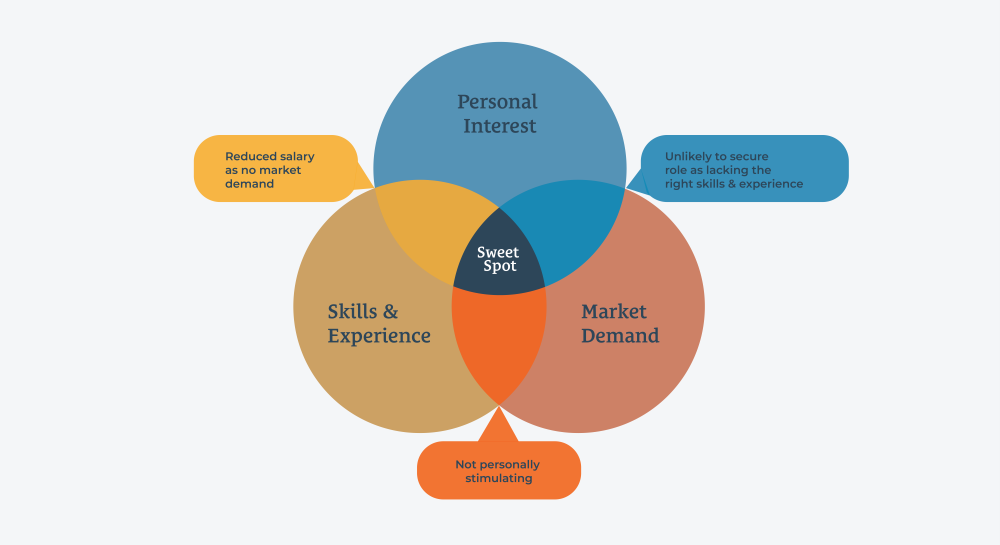Practical Guidance When Looking for Your Next Role
Whether you're currently on the job hunt or anticipating the need to look in the near future, these insights may prove valuable in your career journey.
31st Jan 2024

Managing Director
Whether you're currently on the job hunt or anticipating the need to look in the near future, these insights may prove valuable in your career journey.
If you’re an in-house lawyer looking for your next career move, you’re not alone in feeling daunted by the task. However, it’s important to approach this challenge with the right mindset and strategies, as it can also be an opportunity to take control of your career path and find a role that aligns with your personal and professional goals.
Through conversations with other lawyers in a similar position, I’ve gathered a range of practical tips and strategies I want to share with you. Whether you’re currently on the job hunt or anticipating the need to look in the near future, these insights may prove valuable in your career journey.

While job hunting can be a serious undertaking, it doesn’t have to be boring or uninspiring! You can make the process more fun and enjoyable with a bit of creativity.
One way is to set up a dedicated workspace that inspires you and helps you stay focused. You can also create a personalised job search checklist with stickers or fun visuals to track your progress and celebrate small wins. Another tip is to turn your job search into a game by setting daily or weekly challenges for yourself, like applying to a certain number of jobs or contacting a specific number of contacts.
By making your job search more engaging and enjoyable, you’ll be more motivated to stay on track and find the right role for you. Even having a theme song for the project can help you stay motivated … ‘It’s a Beautiful Day’ – by U2 and ‘Feeling Good’ – by Nina Simone are two that I have used.

When looking for your next job, it’s important to have a clear idea of what you’re looking for. Start by defining the type of role you want, and then identify the essential factors that matter most to you, like salary, leadership opportunities, and a short commute. Take the time to rank and weigh each factor, distinguishing between “deal breakers” and “nice-to-haves.” To help you identify what’s most important, look at job ads and highlight the aspects that appeal to you.
Remember that you’ll need to consider various factors, including what you want to do, what you’re capable of doing, and what the job market demands. By being considered in your approach, you’ll be better positioned to find a role that meets your needs and aligns with your goals.


You could sit on your couch and watch re-runs of your favourite Netflix program …. or you could:

You could sit on your couch and watch re-runs of your favourite Netflix program, or you could:

Latest insight
We acknowledge the Traditional Custodians of Country throughout Australia and their connections to land, sea and community. We pay our respect to their Elders past and present and extend that respect to all Aboriginal and Torres Strait Islander peoples today.


